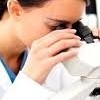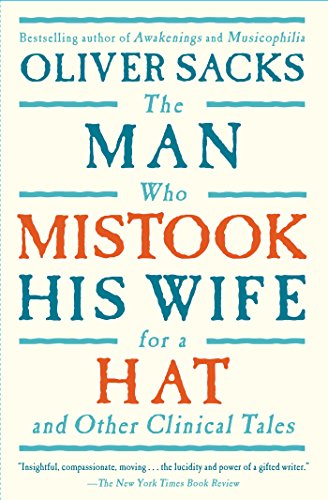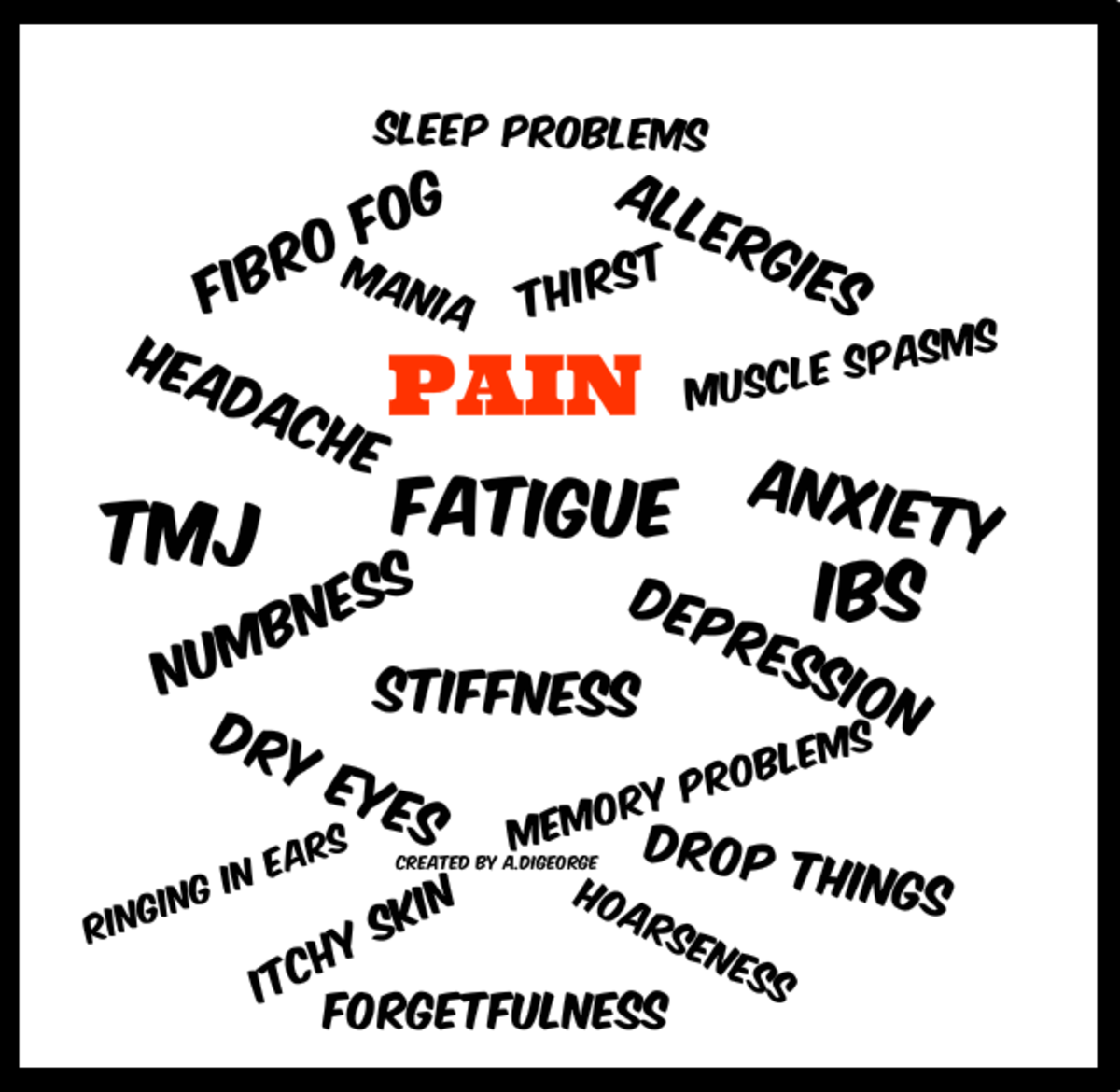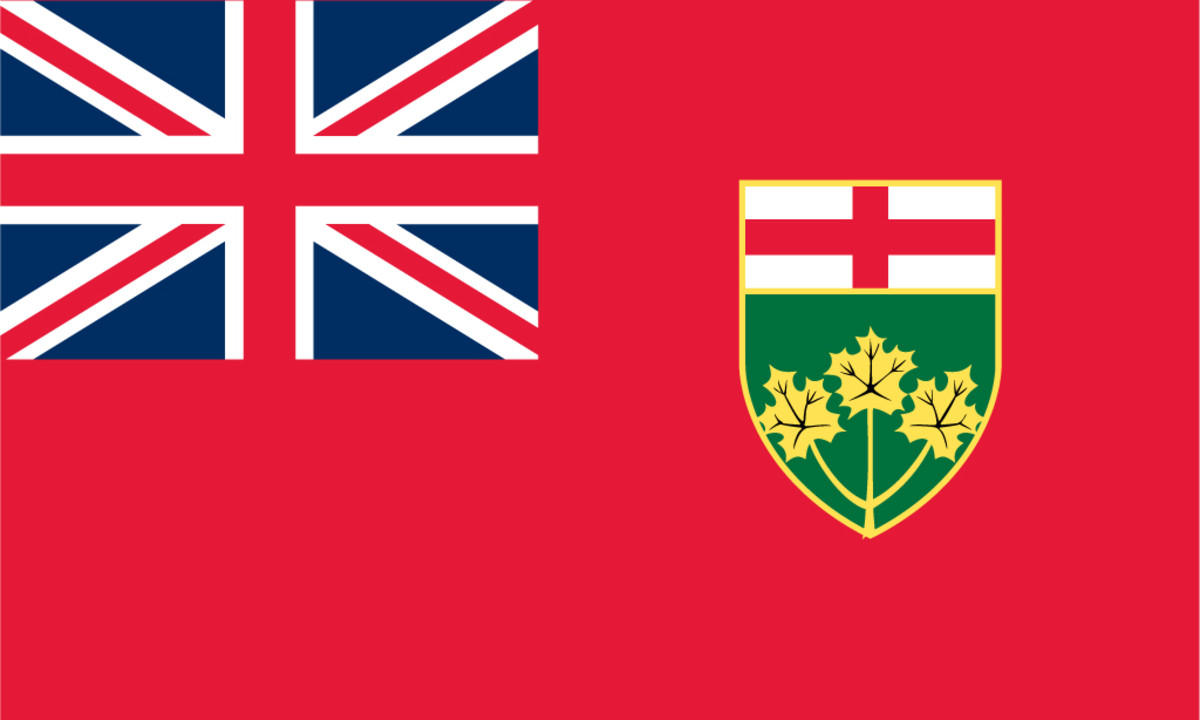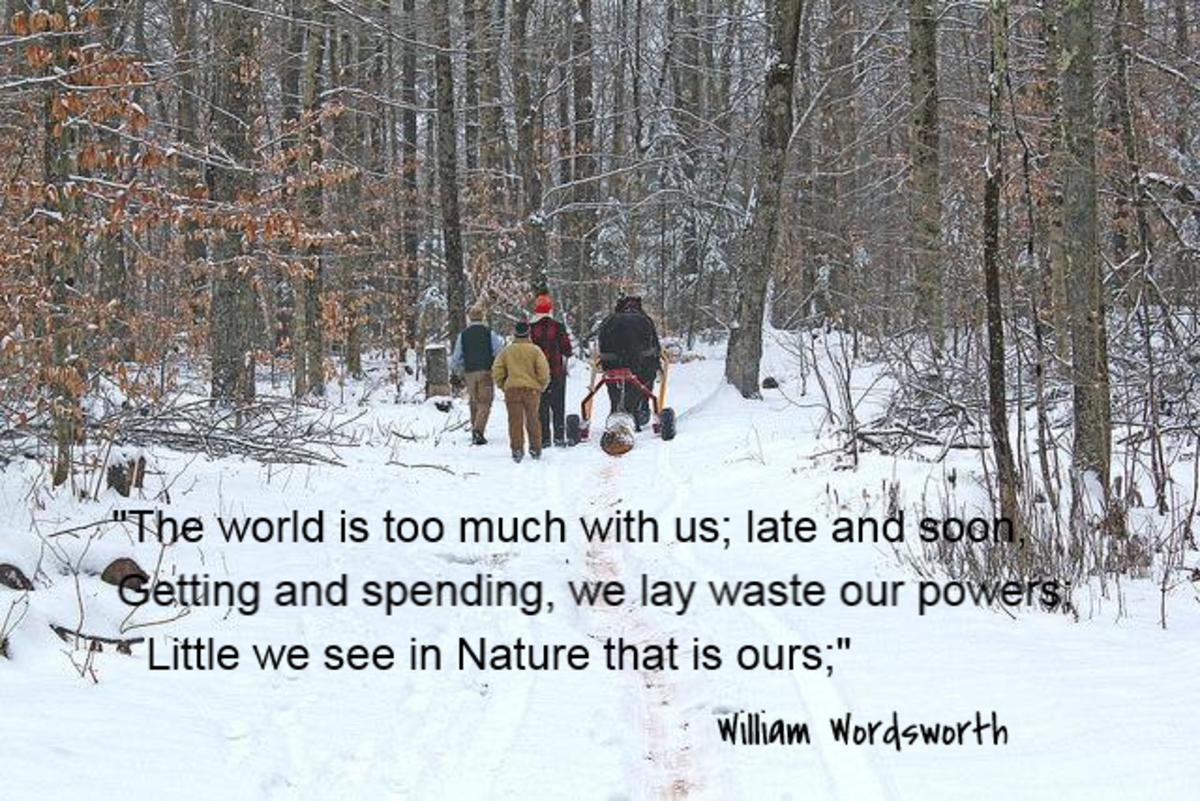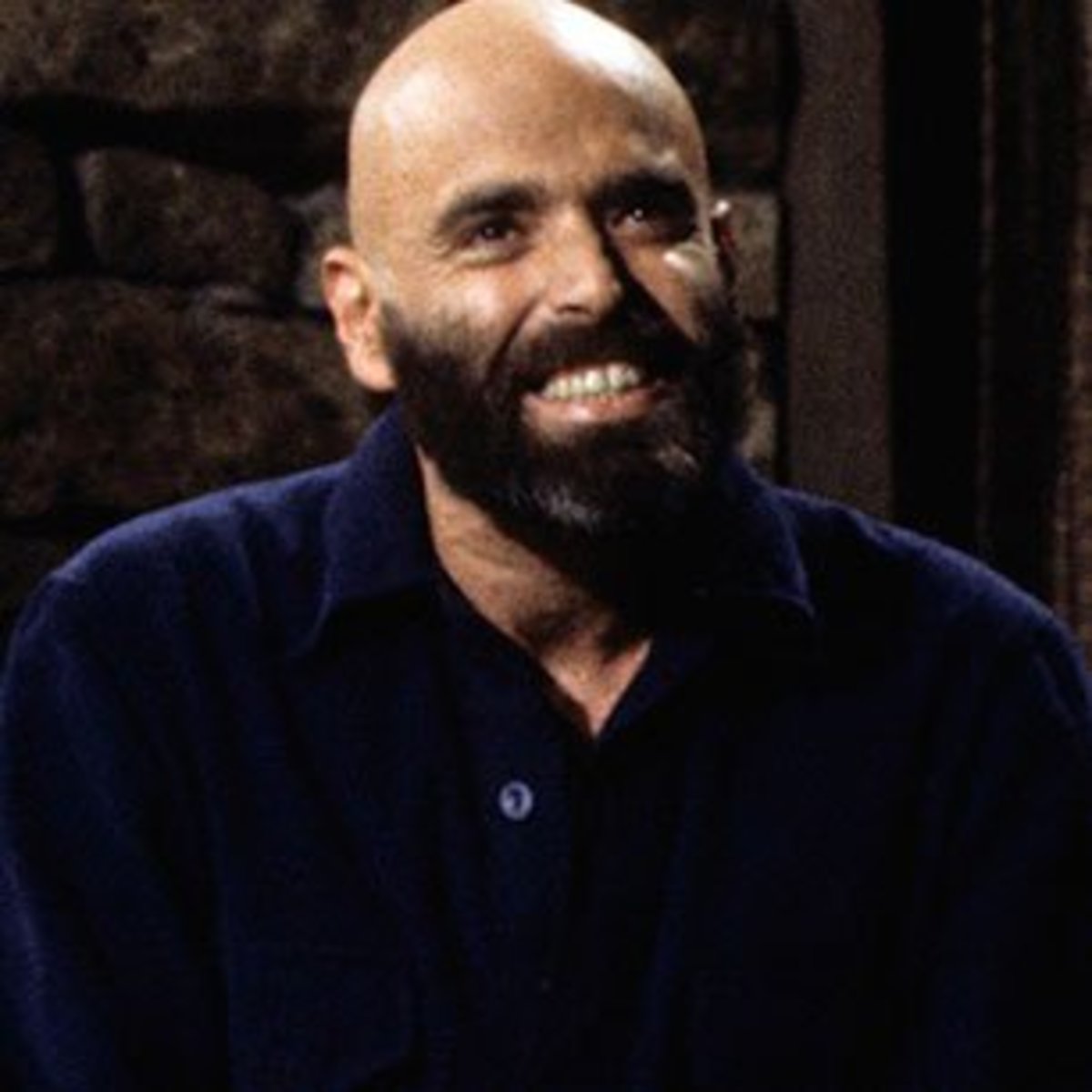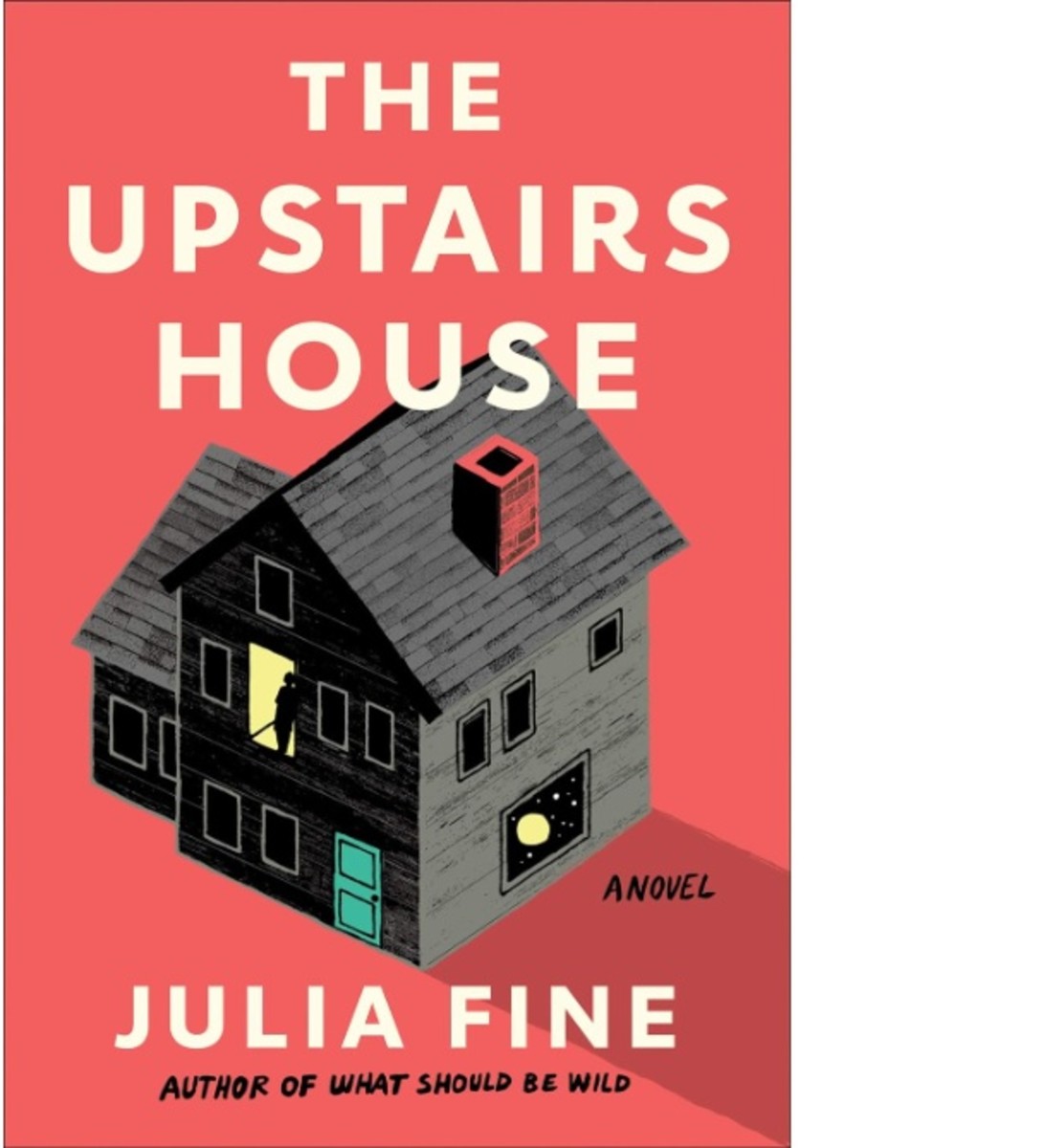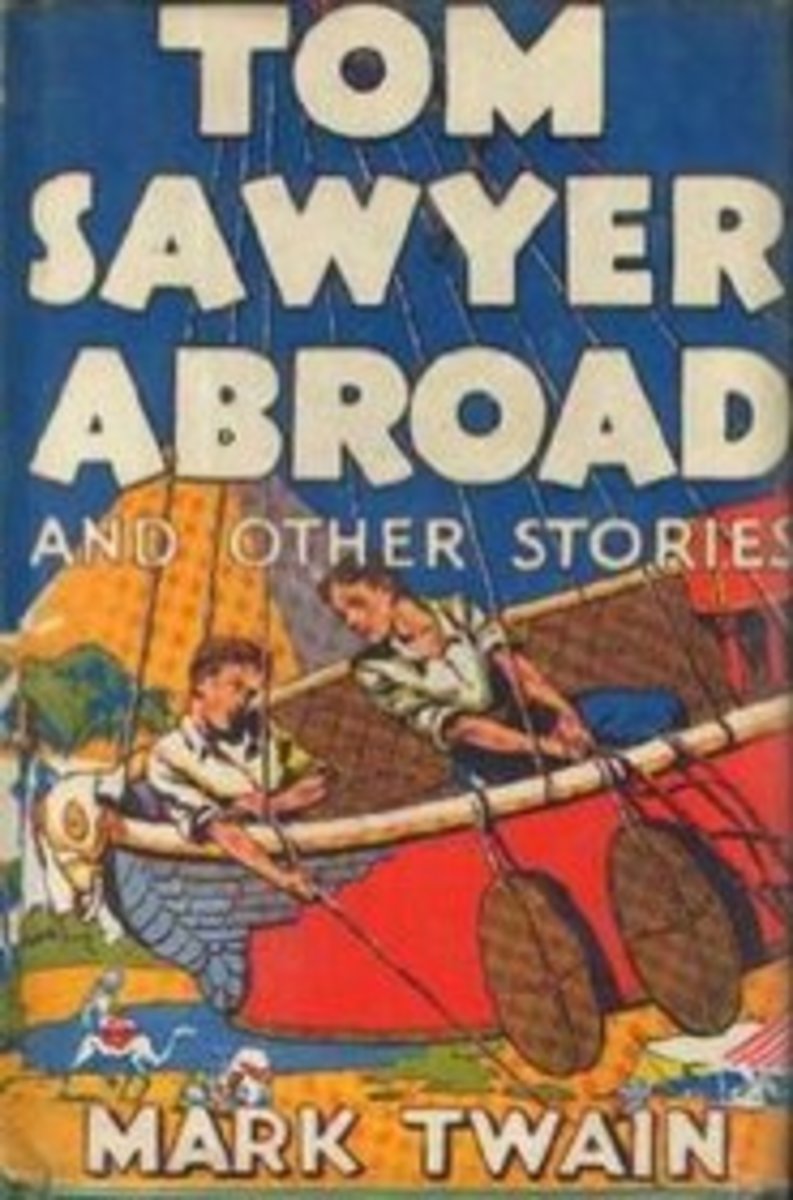Best Books About Medicine

What's in a book?
A whole lot! If you're a student looking to enter the field of medicine you may be curious to read about what you are getting yourself into. If you are someone who enjoys a good medical drama like House MD or Scrubs, you may find that you also enjoy a good fictional or non fictional book about interesting cases. As a practicing physician you might find narratives a great way to connect with what patients are thinking. As a patient, you may find that some books help you realize you are not alone and give you a feeling for life is on the other side of the exam table.
Medical books have a tremendous ability to inspire and uplift. They also have the potential to be really bad, misrepresent facts and spread panic. Below are some of my favorite books that exemplify good medical literature. Also included are some warning against books that are best left on the shelf.
Student Life
Medical School Training - from the information cramming life of a student to the grueling hours of residency - can be a fascinating topic. Entire rituals and languages are built up around it. Want to know what it's going to take to become a physician? Want to learn what your doctor had to go through before you ever saw him or her? Read on...
Student Life Books
"House of God" is an absolute classic. While there is some definite hyperbole, this was one of the first books to highlight the tremendous emotional strain that comes along with the practice of medicine. It raised some real issues in the field and for that it is to be commended. While the author did write a sequel, I did not find it to be very good. Note: there is some graphic sexuality, and twisted humor. This book is not for the faint of heart.
Christine Montross's "Body of Work" is an exploration into the feeling that the author felt during her anatomy class. While her emotions may be more of a roller coaster ride than mine were, I can certainly see where she was coming from. Her prose is melodic and she treats this topic as it deserves to be treated - thoroughly and honestly.
"The Intern Blues" is a book that few people know about, yet is beloved by it's small readership. As you follow three pediatric interns through their first year you truly feel the struggle and the joy of it all. Nothing is too mundane or politically incorrect for this book, and for that I am grateful.
The book I recommend you NOT read is "What I learned in Medical School". While this book purports to be an essay collection of real students detailing their struggles I found it more to be a list of grievances from chronic whiners. I do believe our system of medical education could use some help, but it is nowhere near as broken as this book would like you to believe. It is time for some of these students to take some responsibility on their own shoulders too.
Interesting Cases
An interesting medical diagnosis is just as captivating as any mystery novel.
In "The Man Who Mistook his Wife for a Hat" Oliver Sachs details some of the most fascinating neurological cases he has encountered in his many years of practice. In "Awakenings" he describes one of his most extraordinary and unbelievable experiences. The book was later adapted into a major motion picture. These two books will make you marvel at the plasticity and complexity of the human mind.
"Stiff" gives you a peek into a world usually only seen on television programs - the morgue. The book covers many cadaver oddities, interesting stories and witty reflections on the process of death and what we ultimately decide to do with our bodies. You probably won't believe me when I tell you this all done in a hysterical playful prose, but it's true.
"The Spirit Catches you and you Fall Down" is a rather polarizing book. It is often used to teach cultural sensitivity to medical student. I hated it. While it covers the Hmong history and the disconnect between the medical community and the parents of a little Hmong girl with epilepsy extremely well it leaves a lot to be desired in terms of explaining epilepsy, providing realistic solutions and providing an objective look at the situation. Read at your own risk.
Physicians on Medicine
Recently a new type of literature, written by physicians about what it means to be a physician, has emerged. These stories are the attempts of physicians to improve medicine, get a better grasp on their profession and to share some of their lives with patients.
Atul Gwande has written several books as well as New Yorker articles on the medical profession as he sees it. "Complications" and "Better" are two of my favorites as he sticks to a field he knows and tells it like it is.
"How Dr.'s Think" by Jerome Groopman was actually required reading for my medical school class. It makes you aware of some the of the thought paradigms you are trained to work within and how, sometimes, you need to break out of them.
One of the most popular gifts to give a medical student just starting out is the anthology "On Doctoring" which contains an exploration of the medical life in both prose and verse.
"Hot Lights, Cold Steel" matches it's flashy title with a pretty flashy description of possibly heh flashiest of all medical professions: surgery. It follows the residency of a surgeon at the Mayo clinic.
Inspiring Medical Stories
If there was an award for book mentioned most often in response to the question "Why do you want to be a Dr.?" it would probably go to Paul Farmer's "Mountains beyond mountains" detailing his struggle to bring awareness and resources to the control of Tuberculosis.
"Letters to a young surgeon" is a much quieter approach to inspiration delivered by Richard Seltzer, a veteran physician trying to pass on his knowledge and inspire a new generation of doctors.
As a physician scientist, if I ever start to wonder why I am doing what I do, I pick up "The Great Influenza" the story of one of greatest pandemics in modern history and how medicine and science fought to curb it.
"The Anatomy of Hope" provides inspiration not from medical practitioners but from the patients they treat. Detailing how patients and families find hope in the unlikeliest of times, it really brings home how lucky we are to help treat these people.
The Patient Perspective
Ever wonder what patients think of their medical team? Or how they cope with their illness? Well, the following patients have decided to let you in on their experiences:
Margaret Edson wrote "Wit" the play to describe the experience of a woman with terminal ovarian cancer. While it is a fictional account it has been widely acclaimed as a stage drama and a TV miniseries. It's poignant and eye opening.
I hated Roger Madoff's "Leukemia for Chickens". And this was before we found out about he Madoff family money scandal. His experience is completely unlike that of most patients - his dad drives him around by Ferrari from hospital to hospital, they buy bagels for the nurses everyday to curry favor, they hire private planes so he can go on vacation during chemo - and he isn't much of a writer. I hate to say it, but if not for the Madoff family self publishing this book, it never would have made it to the shelves.
In "Patient to White Coat" Rosalind Kaplan reveals what is like to go from being the doctor to being the patient after he diagnosis with Hepatitis C.
"Wasted" takes a look at eating disorders - including anorexia and bulimia. Think it's easy to tell these people to just eat something and be done with? Think again.
The Medical Team
Doctors aren't the only people with a lock on the medical professions. There are other health care professionals with great books and memoirs as well.
"Blood Sweat and tea" follows the exploits of an inner city ambulance worker.
"Reflections on Doctors" shares how nurses sometimes view the physicians they work with. Every medical student is warned to "be nice to the nurses" and this book explains why. They are a critical part of the patient team and often the best patient advocates.
"Not all of us are Saints" handles the precarious relationship that health care providers sometimes have with their patients of lesser economic status.
The entire team has to handle ethical issues together with the patient and their family. "Classic Works in Medical Ethics" details some landmark thoughts on the subject.
The Best Textbooks
Every student has their favorite textbook, but here are the ones I found most informative and clear.
There are a lot of anatomy texts out there. I found "Grays Anatomy for Students" did a very good job of cutting the classic text into something manageable for students. It includes interesting clinical correlates and good drawings.
Costanzo's "Physiology" is possibly the clearest text book on human physiology written for medical students.
Every physician has a Bates guide somewhere in their library or office. There is no more detailed and efficient description of how to examine and interview patients.
Hal Blumenfeld is a master of neurology and neruoanatomy. His book takes you through the brains structures and includes information on relevant diseases, syndromes and even physical exam guides. I would have never passed neurology without it.
Fiction
A good piece of medical fiction can be both educational and entertaining.
"Arrowsmith" details what it was like to be a young medical scientist many years ago. It is the quintessential coming of age story for a physician.
"Terminal" has all the suspense you'd expect from a Robin Cook thriller. But this time the subject is medical fraud and the investigators are a young medical student and a nurse. Do I find it a little cliched that the med student was a male and the nurse was his female girlfriend? yes. Did I mind" not very much.
"Ditchdiggers Daughters" is actually mostly true. It details how the daughters of a poor uneducated man rose to great heights, two becoming physicians, with their parents strong support and approval.
has Michael Criton ever let you down? Well, he began writing as a Harvard medical student. "5 patients" is a glimpse into his life there. It details the story of five ER patients and each illuminates some part of the medical system.
For Those Who Can't Read
Or for those who don't want to read. There are DVD's.
"House" is possibly the most enjoyable medical mystery series of our time.
"Scrubs" may be the best depiction of what medical training is really like to grace TV. Think of it as TV's answer to "House of God". Too bad nobody believes it.
"Royal Pains" is a look at one of the more disturbing trends of our time - concierge medicine. The medicine featured is not really that accurate, but it sure is entertaining.
Some of my Other Lenses You Might Enjoy
- How to Ace the MCAT
Tips and tricks, as well as scheduling advice to help you do your best on the MCAT. From students who aced the MCAT themselves. - Medical School ADmissions: A Practical Guide
Everything you need to knowtot maximize your chances at gaining admission to a medical school in the U.S. - ACE USMLE 1
A road map for planning and studying for the USMLE Step 1. - Best Gifts for Medical Students
Tried and tested gifts for premeds, medical students and physicians. - What is an MD-PhD Program?
All about what it is like to gain admission into and succeed in an MD-PhD program.
Have some favorite books for your own? Want to review a book mentioned here? This is the place!
